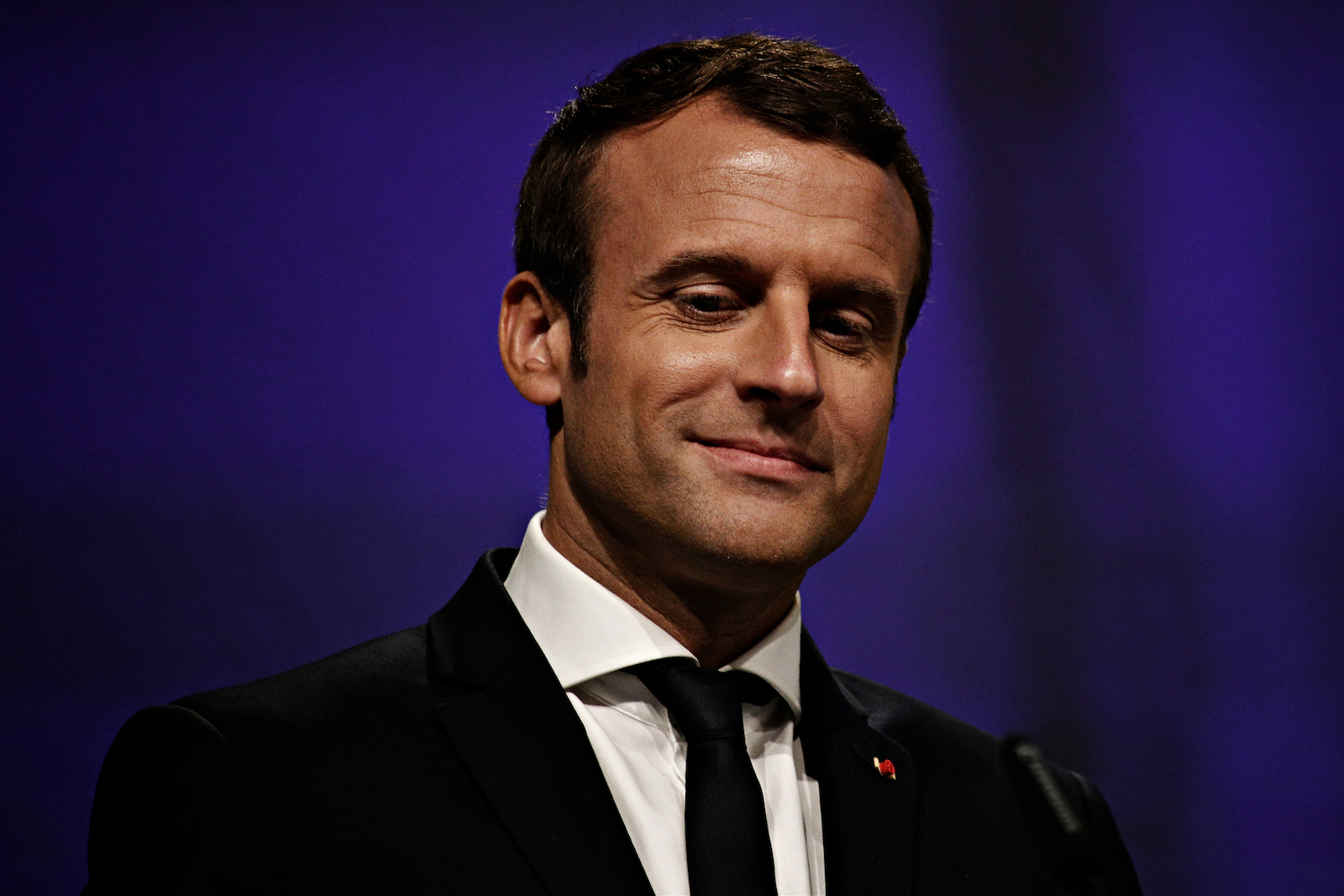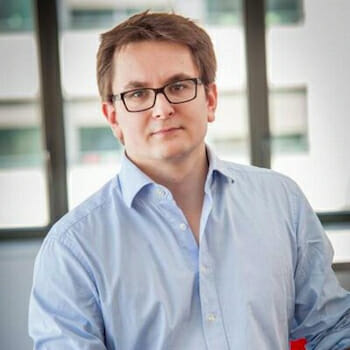
Time to Put the Trope of French Decline to Rest.
Earlier this month, French President Emmanuel Macron gave an impassioned press conference in which he assured both his countrymen and the world that France has “all the aces to succeed” to strengthen and better prepare the country for global crises. This couldn’t be timelier.
Two concepts are at the core of geopolitics and international relations today: hard power, embodied by nuclear weapons and the strength of a country’s professional army, and soft power, derived from a country’s cultural, ideological, and diplomatic appeal to shape the preferences of other nations. France has long possessed both in equal measure, forming the foundation for its standing within Europe and the world.
Even so, France’s standing within the club of global powers – as well as its ability to maintain it – has come under criticism from detractors who see Paris, and indeed the West more broadly, in terminal decline. They point to France’s political failures and economic problems, real and imagined, to argue that the country is caught in a process of decay, akin to the ideas put forward by Paul Kennedy in his seminal work The Rise and Fall of Great Powers. In it, Kennedy explained that without what he termed “golden power” – the economic capacity and financial resources of a country to sustain its military and geopolitical dominance – a country is doomed to be relegated to the lower ranks of the global pecking order.
Yet those championing France’s decline are missing the point. From a historical perspective, it’s clear that French leaders understood early on that the country would never be able to become a dominant superpower like the United States. On the contrary, they argued for a middle-of-the-road approach to make France an indispensable balancing power. For example, Charles de Gaulle knew that the only realistic path for France was to follow a policy of “tempered greatness” in global politics: its strength and international influence should stem from a high degree of autonomy, enabling reliable cooperation with partners and alliances to overcome crises. Valéry Giscard d’Estaing, who served as French president for much of the 1970s, later echoed this concept when he spoke of France as a “great medium power.”
Considering the many crises facing the world today – from increasing fragmentation, rivalry, and conflict in the international system, along with a host of socio-economic tensions in France and Europe – the idea that France could chart a middle path is in fact well informed by a close look at global trends. Thus, the political and diplomatic line traditionally pursued by Paris remains its most practical path, and hardly reflects the ability, competence, and wherewithal of a country in decline.
An analysis of international rankings in various categories (competitiveness, R&D, tourism, foreign investment, infrastructure, and connectivity) shows that France remains at the top for many indicators, forming a more meaningful and comprehensive picture of relative prosperity and power as compared to, say, nominal GDP.
As a medium-sized country, when it comes to military might, France can rely on its nuclear deterrent and its permanent seat on the UN Security Council to punch above its weight. France’s preeminent position in international organizations and its key role within the European Union allows the country to wield influence by emphasising collaborative leadership over raw force.
This is the basis of its balanced approach to geopolitics, one that has brought notable successes. In 2015, during the negotiation of the Paris Agreement, France formalized the role of civil society in the United Nations Framework Convention on Climate Change that governs the COP negotiation process. This marked the birth of a hybrid multilateralism characterized by institutionalized cooperation between state and non-state actors, offering a substantive role for both traditional and historically marginalized stakeholders.
France’s role as a global balancing power is further reflected in the policies the country has championed in the European Union since 2017, including the expansion of European solidarity, the regulation of so-called “Big Tech” companies like Google, Apple, Twitter, Facebook, and Amazon, improved protection of personal data, and, most recently, the European AI Act, a global first to attempt to regulate AI.
Such advancements are emblematic of French soft power, which will always prevail over hard power in the long run, and how France chooses to wield it. France excels in soft power in various specialized rankings and even took the top spot from the United States during Donald Trump’s presidency.
The global importance of this critical and enduring dimension of French power is hard to understate. Accordingly, the country is well positioned to capitalise fully on the growing influence of cultural industries worldwide, one of the fastest-growing economic sectors, estimated by UNESCO to generate $4.3 trillion in annual revenue and over 30 million highly qualified jobs, mostly held by young people. Furthermore, French is spoken by 321 million people worldwide, including in countries representing 14% of global mining and energy resources and over 20% of global trade.
France also remains a paragon of commitment to human rights, dignity, and good governance. Centuries ago, it lit the fires of the Enlightenment and is now defending human rights and universal values of freedom and justice against encroaching hostile powers.
China and Russia, by contrast, promote an alternative illiberal agenda, denouncing a European-American ideology as the instrument of imperialistic and colonial geopolitics and fostering anti-French sentiment in Africa. Meanwhile, Beijing and Moscow are working tirelessly to implement a ruthless neo-imperialist agenda of their own across the African continent and elsewhere.
The ‘French model’ is anchored in the principles of cooperation and global leadership. It champions the cultivation of connections across borders while maintaining national self-sufficiency. This approach is rooted in established and sophisticated geopolitical strategies that are designed to deftly maneuver through the increasingly intricate tapestry of international relations.
Far from a power in decline, the French approach, tried and tested, has remained faithful to the intentions of de Gaulle, who, in April 1969, said, “It is because we are no longer a great power that we need a great policy.”

